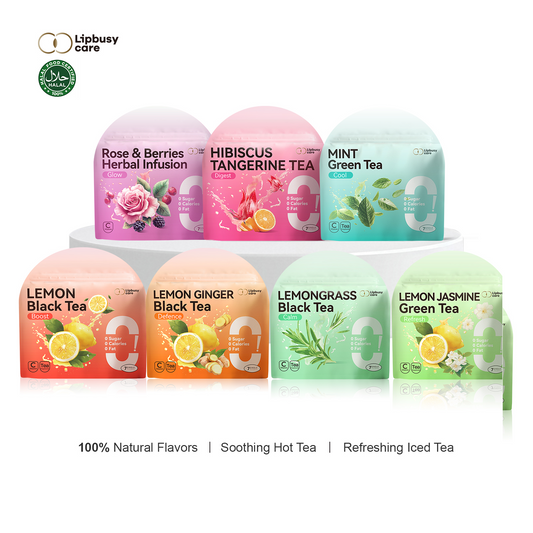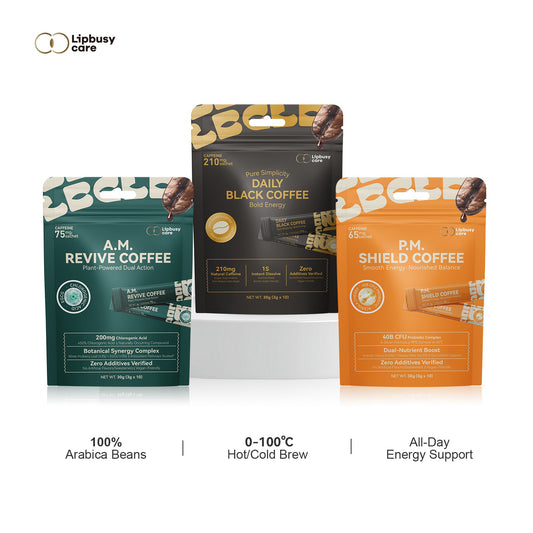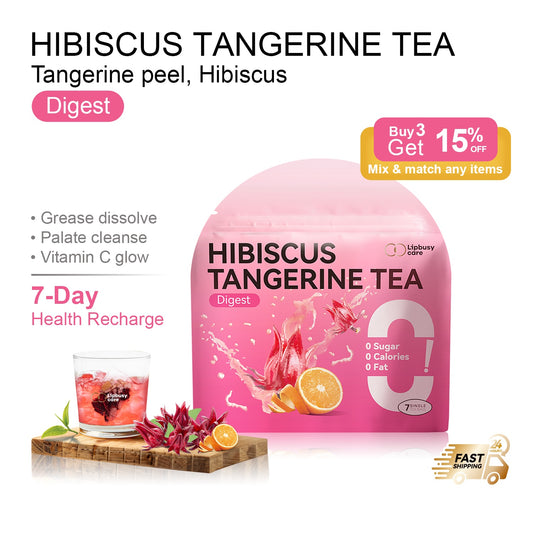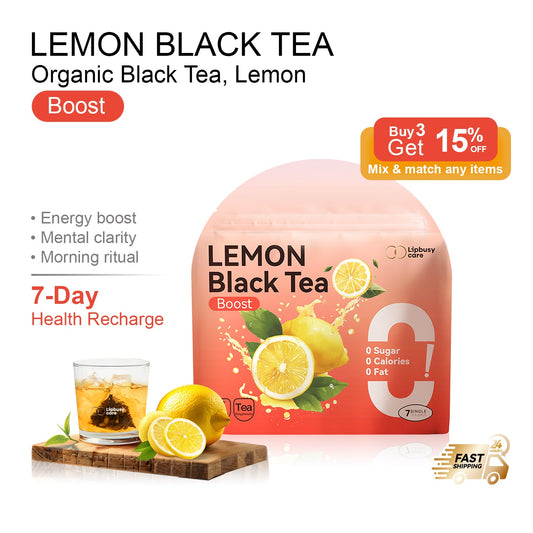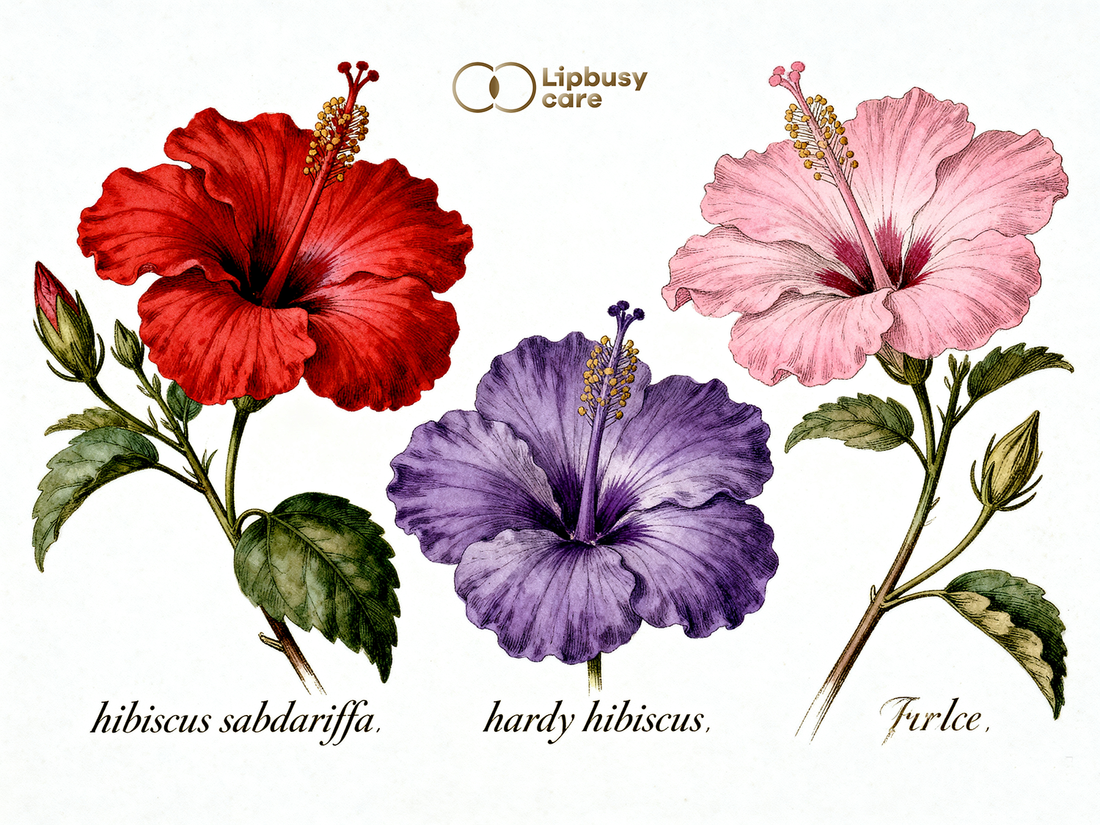
What Is Hibiscus? Types, Benefits & The Best Hibiscus Tea
Share
When people hear “hibiscus,” they often picture that big, bold tropical flower in red or pink. But hibiscus isn’t just one single plant—it’s actually a whole family of flowering plants, and it comes in different shapes, sizes, and even uses. From the hardy hibiscus that can survive colder climates, to the delicate hibiscus flower used in tea, there’s more variety than you might expect.
Hibiscus flowers are famous for their large, showy petals and striking colors. They’ve been admired as garden beauties, used in decorations like bouquets, and even treasured as a healing herb for centuries. But in recent years, the hibiscus plant has stepped into the spotlight for something even more exciting: hibiscus tea.
🌱 Let’s Talk About the Most Common Hibiscus Types
Let’s break down a few hibiscus varieties you’ll hear about most often:
-
Hibiscus Flower (General)
This is the classic one people talk about when they say “hibiscus.” Known for its bold, tropical look, it’s often planted in gardens or used fresh in decoration. -
Hibiscus Plant / Hibiscus Bush
If you’re more into gardening, you’ll find that hibiscus plants (sometimes called hibiscus bushes) are a favorite for landscaping. They grow quickly, add instant color, and bloom almost year-round in warm places. -
Hardy Hibiscus
Unlike the tropical versions, hardy hibiscus can survive cooler temperatures. Their flowers are just as large and stunning, making them popular in temperate climates. -
Hibiscus Sabdariffa (Roselle Hibiscus)
This is the star when it comes to hibiscus tea. Its calyces (the part of the plant under the flower) are dried and steeped to make a ruby-red, tangy tea. In many cultures, it’s also called roselle. -
Purple Hibiscus
Not as common, but definitely eye-catching, purple hibiscus has become trendy as both a garden plant and a flower for unique bouquets.
🍵 Benefits of Hibiscus Tea

Now here’s where things get interesting. Hibiscus tea isn’t just beautiful—it’s also packed with natural goodness.
- Rich in Antioxidants – Hibiscus tea is known to fight free radicals, helping your body stay strong and healthy.
- Supports Heart Health – Some studies suggest hibiscus tea may help maintain healthy blood pressure.
- Digestive Comfort – That tangy kick? It can feel refreshing and soothing for the stomach.
- Caffeine-Free – Unlike black or green tea, hibiscus tea is naturally caffeine-free, so you can sip it any time of day.
It’s no wonder “benefits of hibiscus tea” and “hibiscus benefits” are hot topics online right now.
🍊 A Fruity Twist: Lipbusycare Hibiscus Tangerine Tea Bag
If you’re curious to try hibiscus tea, you don’t have to start from scratch with dried hibiscus flowers. Our Lipbusycare Hibiscus Tangerine Tea Bag blends the bold, tangy flavor of hibiscus with the bright sweetness of tangerine. The result? A refreshing, citrusy tea that’s naturally caffeine-free, sugar-free, and perfect hot or iced.
Imagine sipping a ruby-red tea with a hint of fruity sunshine—it’s like summer in a cup. Whether you’re winding down in the evening or hosting friends for brunch, it’s a tea that always fits the mood.
🌸 Final Thoughts
From hibiscus flowers in your garden to a warm cup of hibiscus tea in your hand, hibiscus truly brings color and energy into life. And if you want a simple, delicious way to experience all the goodness, Lipbusycare Hibiscus Tangerine Tea Bag might just become your new favorite.


